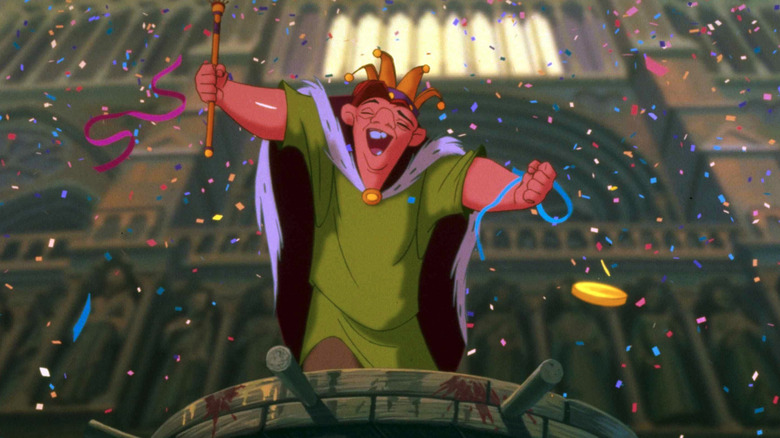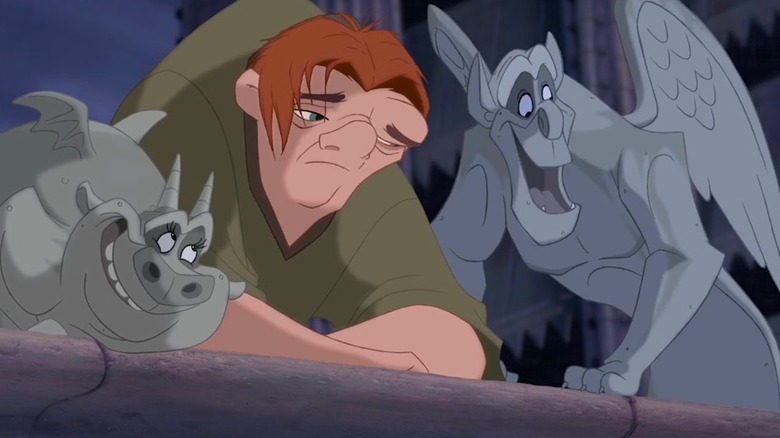Disney’s The Hunchback of Notre Dame still stands out as a daring entry from the studio’s renaissance, a film that drew both ardent praise and sharp debate upon release. Its awards journey illustrates the friction between prestige and mass appeal.
In the awards season, the film surprised some by receiving a Razzie nod for Worst Written Film Grossing Over $100 Million. At the same time, it earned a genuine Oscar citation for Best Original Musical or Comedy Score, honoring Alan Menken’s music and Stephen Schwartz’s lyrics.
The movie also racked up 13 Annie Award nominations, the most for any film that year, signaling strong recognition within the animation community despite the Razzie chatter.
Critics, tone, and a polarizing response
Contemporary critics debated how the darker source material meshed with Disney’s family-friendly sensibilities. Roger Ebert wrote that it was the best Disney effort since the Trousdales and Wises’ Beauty and the Beast, opening with cautious optimism before praising its audacity. Janet Maslin of the New York Times praised the filmmakers’ passion but dismissed the film as sentimentally overripe and tonally uneven.
The gargoyles were a point of contention. Some fans remember them as a misstep that undercut the drama, while others view them as a quirky, crowd-pleasing counterpoint to the film’s emotional heft.

Ambition on the musical stage
The soundtrack remains a cornerstone of the film’s legacy, with “Out There” capturing Quasimodo’s longing and “God Help the Outcasts” offering Esmeralda’s plea for hope. The villain song “Hellfire” is often singled out for its stark, adult edge within a Disney framework.

Legacy and interpretation
Adapted from Victor Hugo’s novel, the film reshapes a tragic tale into a story about inner worth and humane compassion, all wrapped in a memorable musical score. Frollo’s menace remains, but the film leans into a hopeful message that became a signature of Disney’s mid-1990s era.
Today, the dual fate of The Hunchback of Notre Dame—Oscar recognition countered by Razzie notoriety—continues to spark discussion about how animated features are valued within the broader film landscape.
Source: Original article



